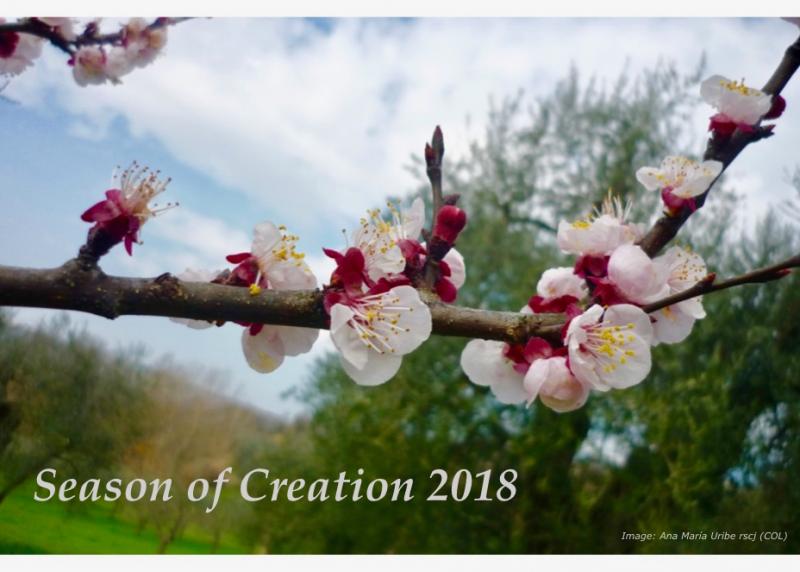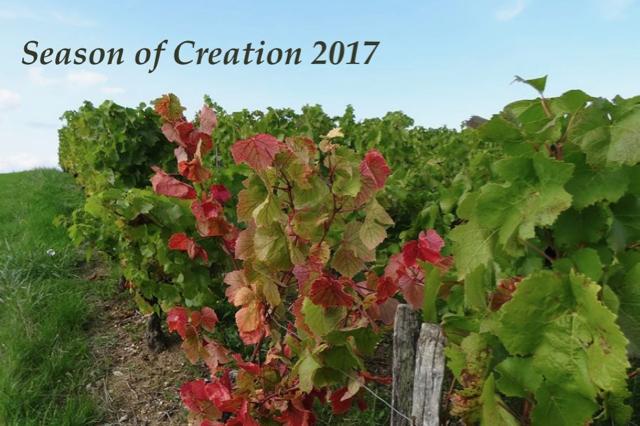Today we begin a special time of reflection that will end on October 4, 2019, the Feast of St. Francis of Assis. Here is what we are asked to do beginning with reflection on the Justice, Peace, and Integrity of Creation statement I am coping below:
Our world is at an historic paradoxical moment. It holds new possibilities while it is also wrought with inequality, suffering, and violence. As such, we are citizens of a world that is both broken and blessed. We feel profoundly the cry of the poor and the pain of the earth. We desire to participate in the care of “our common home” – working against injustices, constructing peaceful interrelationships, and protecting
the earth.
As family of the Sacred Heart, we are called to respond “as One Body,” drawing from our charism and mission as educators. This means growing in a shared vision that allows us to understand the complexity of the political, economic, and social systems that confront us; increasing awareness of how we ourselves may be complicit in injustice; and deepening practices rooted in an integral ecology
.
Contemplation of the pierced Heart of Jesus in the heart of wounded humanity impels us to be in solidarity with the displaced and excluded; to defend the victims of abuse of power; and to commit ourselves to search for systemic changes.
Care for relationships is at the root of our tradition. We want to develop this tradition in new, more profound ways. Today, we are more sensitive to the importance of interrelationships, and so we would like to strengthen collaboration with other groups equally committed to justice, peace, and integrity of creation. We recognize, as well, the urgency to enliven collaboration among ourselves and with the entire Sacred Heart family. This unity gives us more energy and creativity to transform unjust structures.
While we seek the transformation of systems and structures, we also recognize the significance of our day-to-day gestures of care for the earth, others and one another. These experiences help to humanize
the social fabric which, in turn, allows us to move towards global transformation. As such we, therefore, see JPIC as a way of life and feel called to discern and transform our way of being and doing.
We believe this is also an opportune moment to link our on-the-ground educative efforts with the word of the UN-NGO Office in order to respond concretely to the above challenges and to achieve global impact.
In sum, trusting in the Creator Spirit that continues transforming the world, our commitment to JPIC impels us toward 'Being Artisans of Hope in our Blessed and Broken World" in the contexts where we live and serve.
International JPIC meeting
November 2018
Philippines
































